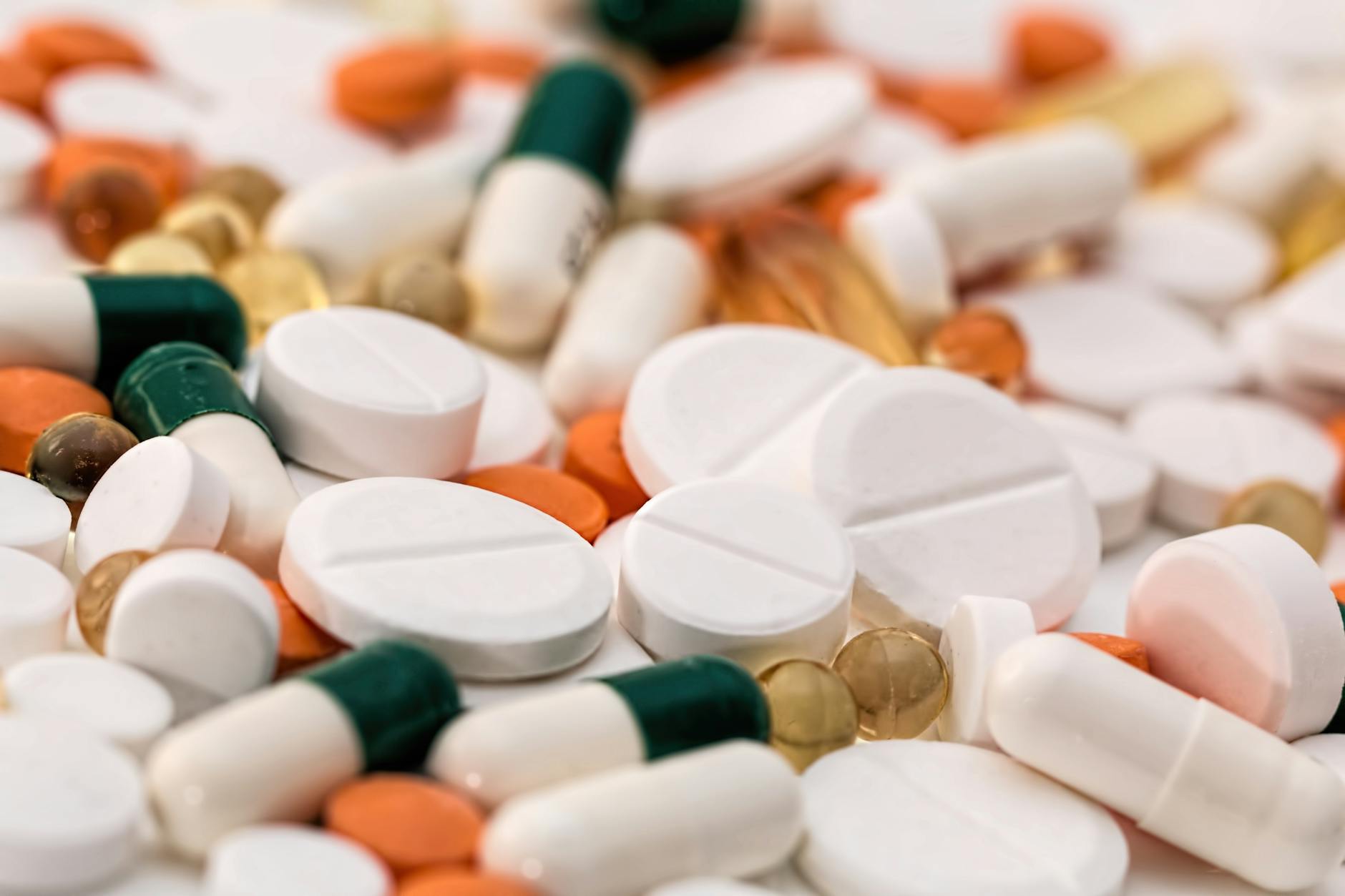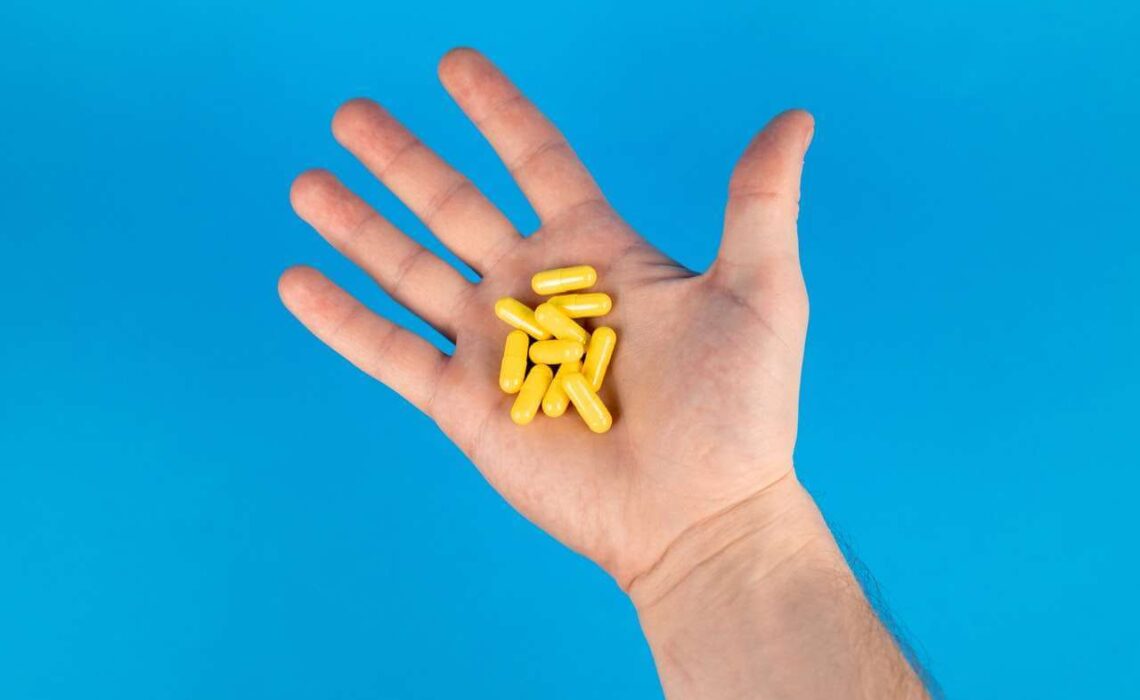Ativan is a potent benzodiazepine commonly referred to using slang as goofballs, heavenly blues, stupefy, or simply benzos. This prescription drug has a high risk of causing drug abuse or addiction, leading to physical and psychological dependence.
A person’s history with drug and/or alcohol abuse, as well as their genetic makeup and experience with mental health, could increase their chances of developing an Ativan addiction.
The Influence of Ativan
Table of Contents
Anyone addicted to Ativan will experience severe cravings and will continue to use the drug despite the effects that it may have on various aspects of their life. When dealing with someone who is addicted to this drug, you may start to notice a few of the following things;
- Family issues made much worse
- Fighting with friends or loved ones
- Failing to deliver at school, in the office, or around the home
- Getting involved in dangerous situations
- Loss of interest in most things
- Social isolation
- Development of financial issues
If you start to recognize any of these issues in a loved one, reach out for help and try to help them find a way out of their addiction before any irreversible damage has happened.
Habitual Users
A regular user of Ativan will gradually acquire a tolerance to it and raise the dosage to attain the same results. Most of the time, addicts are fully aware of the drug’s adverse effects on their lives yet cannot quit.
The withdrawal process makes quitting even less appealing, and most addicts will need rehab treatment, therapy, and a medically assisted detox to successfully and safely come off the drug.
Understanding Ativan
Ativan is the brand name for Lorazepam. This drug is usually prescribed to treat anxiety and other ailments varying from insomnia to epilepsy. Ativan is classed as long-acting benzo, and the medication is rarely prescribed for more than four months to prevent an addiction from developing due to its high potency.
Ironically, Ativan is commonly prescribed to patients that are going through the withdrawal process from alcohol addiction. This medication has been proven to help treat panic attacks and short-term anxiety or depression symptoms, but the long-term effectiveness is a bit of a grey area.
The class of drugs that Ativan belongs to is commonly referred to as “benzos.” These drugs can block the neurotransmitter GABA (gamma-aminobutyric acid), slowing down any hyperactive mental processes. Ativan will either appear in quick-dissolve tablet form or as a concentrated, colorless liquid that the individual must consume orally.
After taking each dose of the drug, patients will begin to feel the drug’s full effects after a minimum of 45 minutes. It will take 20 to 100 hours for the drug to leave the patient’s system and, if abused or overused, will trigger withdrawal symptoms.
Ativan Effects and Abuse
Ativan is a prescription drug, and as a result, very few patients that use it will realize that they are addicted to it. Taking a larger dose of Ativan than what was prescribed or taking the drug longer than the doctor recommended is considered abuse and may be harmful.
Ativan helps to alleviate anxiety by balancing the chemicals in the brain. When taken in larger doses, Ativan will bind itself to receptors in the brain, producing a fleeting yet intense high followed by an extended period of calm. Other effects include:
- Euphoric high
- An overwhelming sense of calm
- Muscle relaxation
- Drowsiness
Using Ativan without a prescription from a doctor to achieve a desired high is also abuse. With abuse often comes addiction, leading to a downward spiral of events if not addressed as soon as possible.
Ativan’s effects are amplified when mixed with other stimulants like alcohol. This combination has the potential to cause both accidental and intentional abuse, as well as an overdose.
Signs of an Ativan Overdose
When combined with alcohol, the chances of an Ativan overdose are increased significantly. In severe cases, this overdose can be fatal. Here’s what to look out for:
- Mental confusion
- Slurring of speech
- Fatigued
- Loss of motivation
- Lack of control over body movements
- Weak muscles
- Low blood pressure
- Slowed breathing
- Passing out
- Coma
Common Ativan Drug Combinations

Abusers will often use Ativan alongside other drugs to enhance its effects. Some of the most common combinations include:
1. Opioids
Opioids include codeine, oxycodone, morphine, and illegal narcotics like heroin, which treat pain. Cough syrup contains some opioid medicines.
The combination of Ativan and other pharmaceuticals, such as opioid prescriptions, has resulted in severe side effects such as slowed and difficult breathing, as well as death.
2. Cocaine and Amphetamines
Ativan can help people come down from a high by counteracting the stimulating effects of cocaine and other amphetamines.
3. Methadone
Ativan is used to boost the effects of the painkiller methadone. This mix is lethal and is a CNS depressant that can cause a fatal overdose due to respiratory failure.
4. Alcohol
When combined with alcohol, Ativan will produce a quick and potent high. The combination of alcohol and Ativan affects the central nervous system and can lead to over-sedation and cause respiratory failure, coma, and even death.
Unfortunately, there are many combinations used with Ativan for lots of different reasons; the list above is not exclusive and not without significant dangers. Individuals should take care when using drugs of any sort.
5. Getting Help
A minimum of 30 days in a rehab center will help you get clean and sober. You’ll be introduced to therapy, join support groups and learn new ways to manage your cravings and avoid your triggers. Getting aid from a support group or a medical expert, depending on your circumstance and needs will give you the enhanced incentive you need to get sober and stay sober.
Knowing the risks involved when using Ativan for your condition will hopefully help you avoid a dangerous addiction that can have fatal results when misused.
If someone you care about or indeed you are addicted to Ativan, seek help right away and aid them/you in receiving the therapy required to return to a healthy and happy life with a bright future and a clear road ahead.
- How To Create A Safe And Comfortable Home Environment For In-Home Care In Boca Raton? - July 16, 2024
- 10 Trendy Black Nail Ideas To Elevate Your Nail Game - May 6, 2024
- Getting A Free Divorce In Virginia? Here’s What To Expect - April 24, 2024





No Comments